Water damage is one of the most frequent homeowners insurance claims, but it’s also one of the easiest to prevent.
Some of the most common causes of water damage include:
- Broken pipes and hoses
- Clogged toilets and drains
- Poorly maintained appliances
- Poor yard drainage
- Cracks around windows and in the foundation
In many cases, water damage usually starts with a small problem that is unknown or ignored, which turns into a much bigger - and more expensive - problem. That’s why we put together this list of nine ways to prevent water damage in your home!
Tip #1: Keep your gutters clean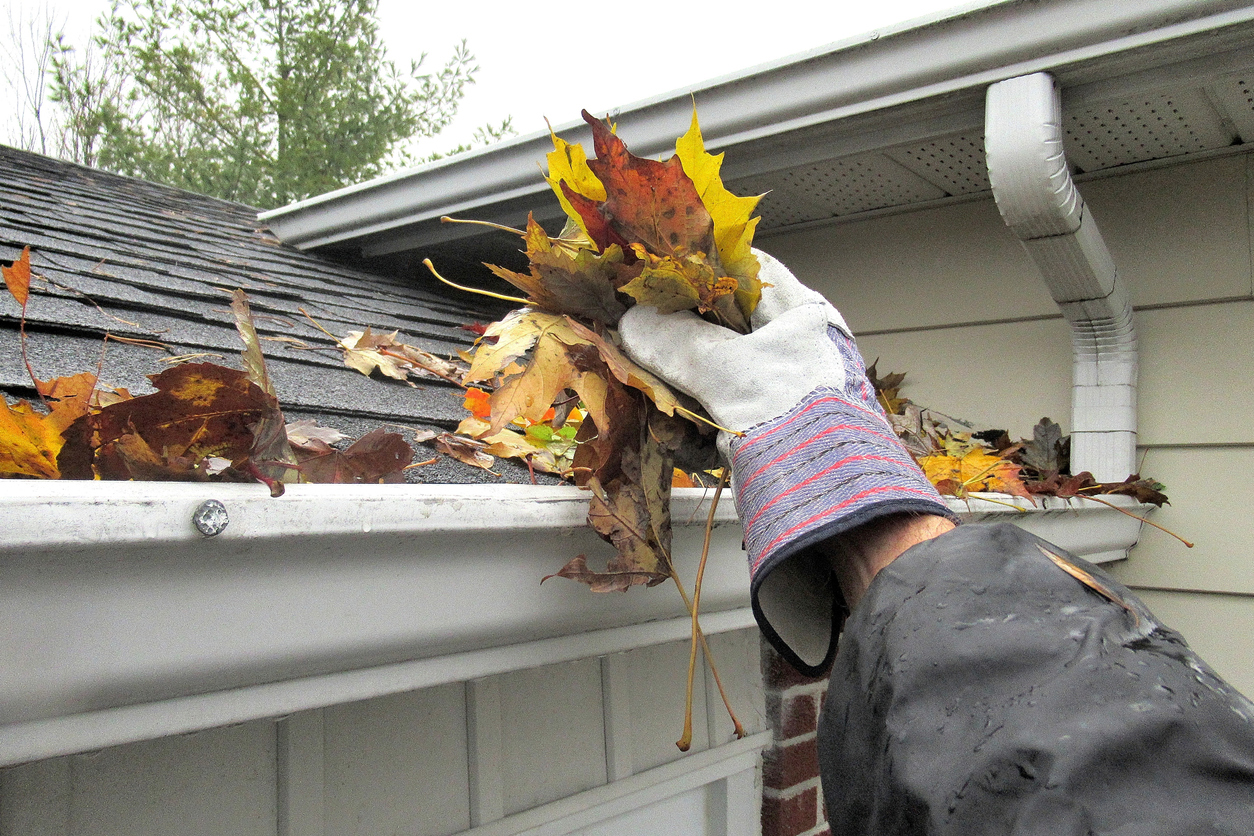 Leaks and clogs in the gutters can lead to excess water on your roof. When water doesn't drain properly, it can damage the shingles and erode the compounds that keep everything sealed and dry. Sweeping out rain gutters is something that should be done as needed, depending on your surroundings and how much debris your home encounters.
Leaks and clogs in the gutters can lead to excess water on your roof. When water doesn't drain properly, it can damage the shingles and erode the compounds that keep everything sealed and dry. Sweeping out rain gutters is something that should be done as needed, depending on your surroundings and how much debris your home encounters.
A good rule of thumb is to clean your gutters twice a year – in late spring after the seeds fall and in late autumn after the leaves fall.
Tip #2: Give your roof some attention
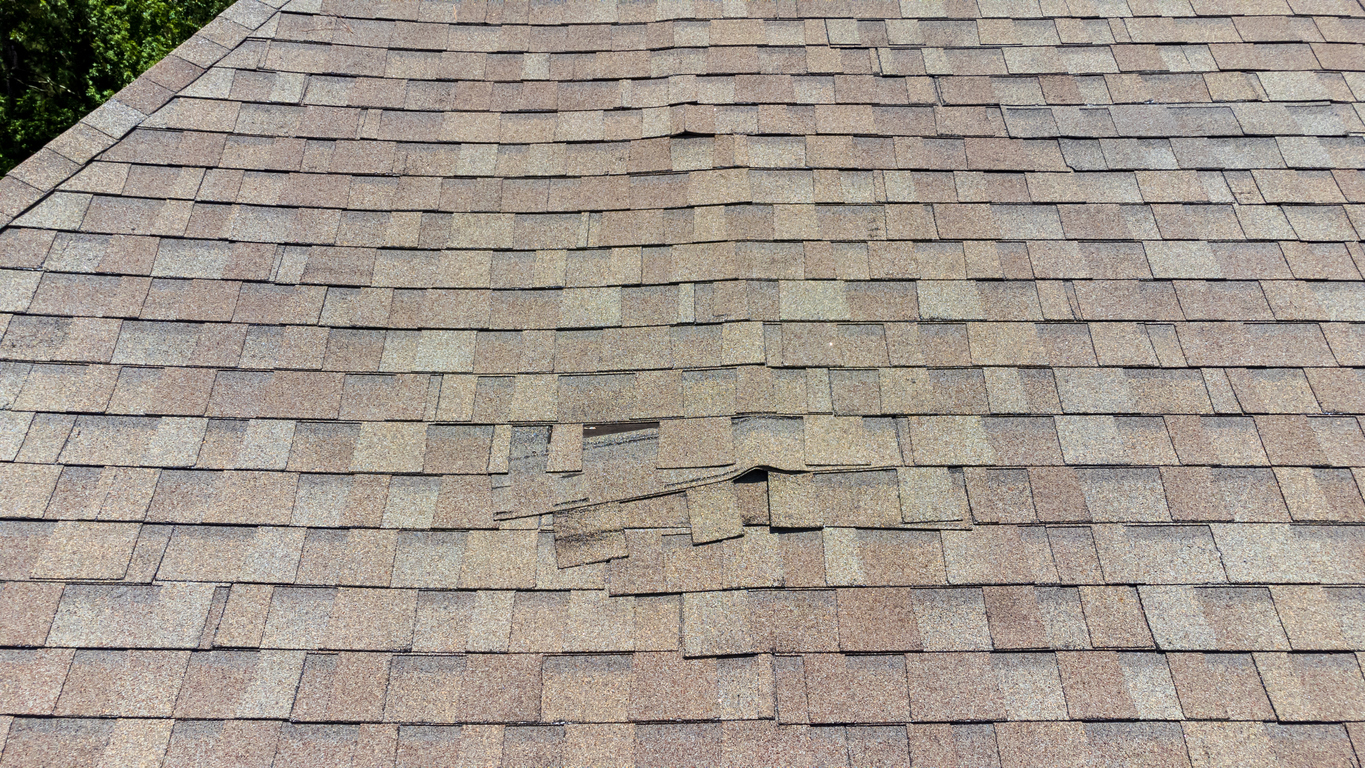
Remove any debris and cut back tree branches that may rub against your roof, which can cause significant wear and tear. Call a professional immediately if you notice any bare patches, seals, or tiles missing. They’ll be able to replace and reseal those areas to prevent any further problems, including damage to your home’s interiors.
Tip #3: Beware of puddles in your yard
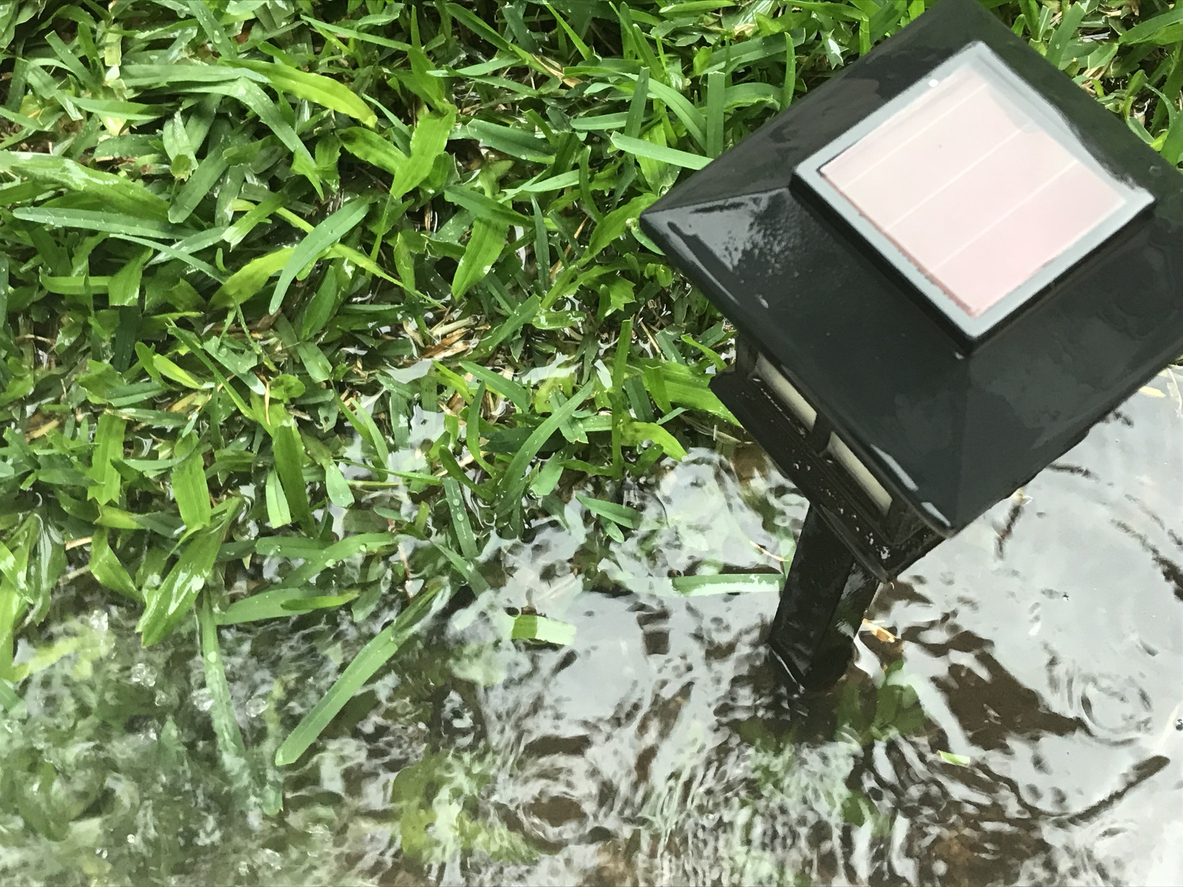
Poor yard drainage can also cause water to flow into your home. If you ever notice your yard holds water after a rainstorm, it could be due to poor drainage. The solution could be as simple as changing where your sump pump discharge pipe drains or extending a downspout.owever, it could require a more complicated solution, such as installing a dry well or a French drain. Call a professional to help you decide how best to save your home and lawn.
Tip #4: Fix your foundation
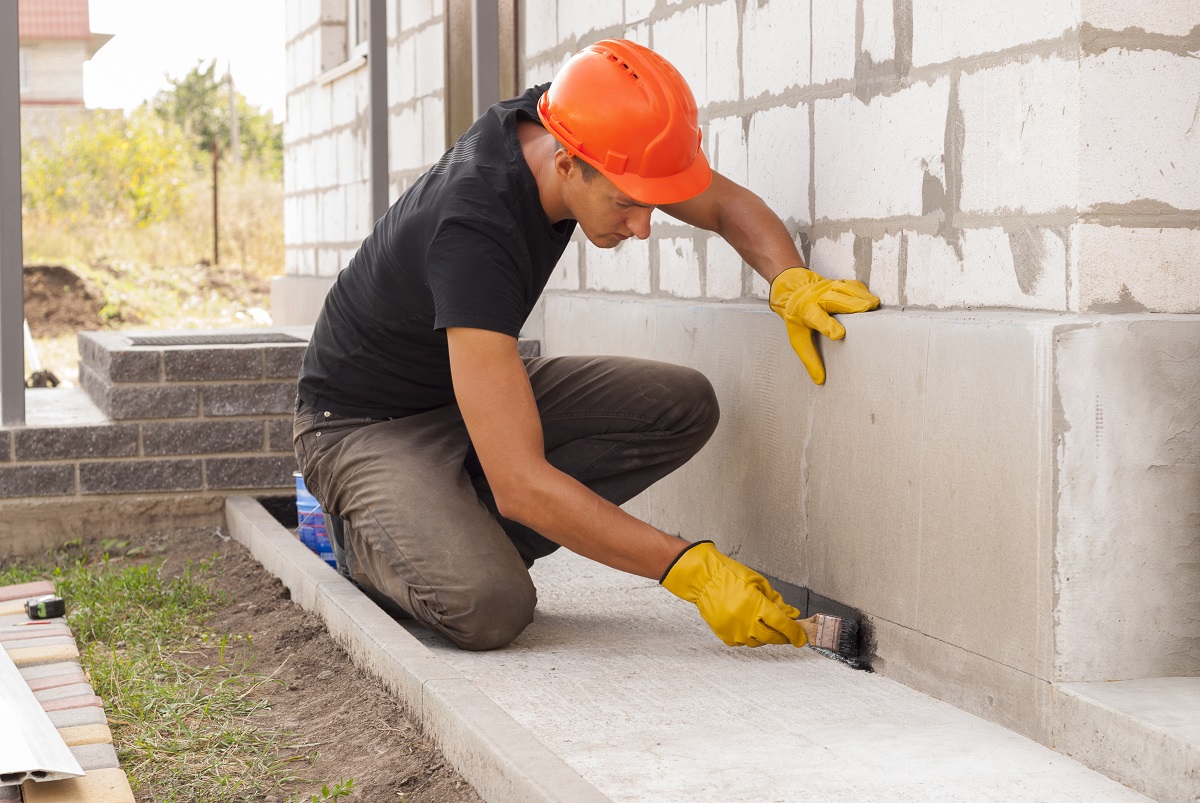
The foundation is literally what your home was built on, so any damage to it can be problematic for the stability and safety of the structure. Cracks in the foundation can also allow water to flow into your basement and create an impromptu swimming pool. If you notice any cracks, make sure to call a professional who can assess a problem.
Tip #5: Stop water damage by stopping your water
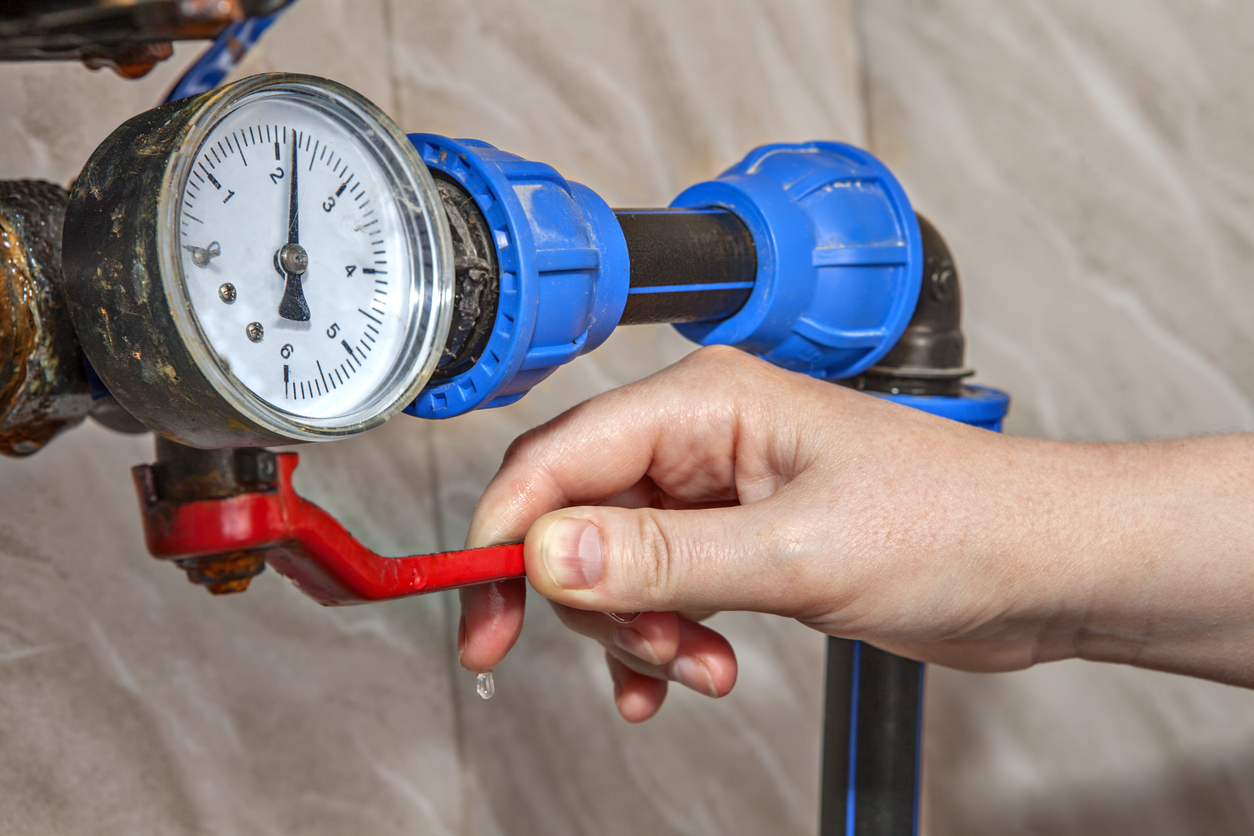
Find out where your home’s water shut-off valve is. This is generally a gnarled or straight red lever that when turned, will shut off the water coming into your home. If a pipe breaks or you discover a major shower leak, you can mitigate the damage by turning this handle into the closed position.
Going on vacation? Consider turning off the water coming into the home to prevent a burst pipe or water damage occurring while you’re not home. You may also want to talk to a professional about installing an automatic water shut-off valve, which can turn off your water automatically if it detects an issue. Doing so can save you money on your policy premium.
Tip #7: Give your appliances the attention they deserve
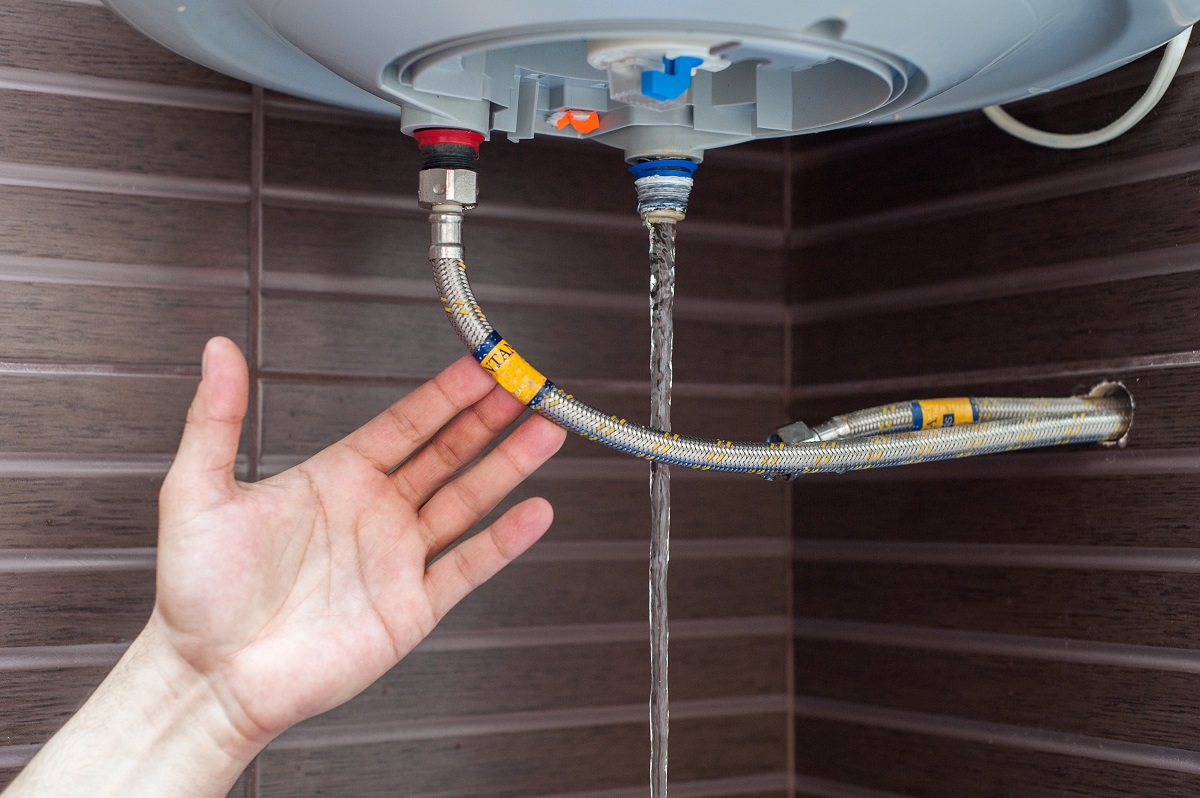
You’ll never know when a hot water heater or dishwasher may start leaking. The best thing you can do is have a professional complete necessary maintenance tasks that will keep your appliances running as efficiently as possible. Have a professional plumber flush your hot water heater at least once a year, unclog your dishwasher’s sprayer arm nozzles, and inspect the hoses on your appliances.
For added protection, consider installing water leak sensors near appliances that could potentially spring a leak. Plus, you'll qualify for our smart home protective device discount!
Tip #8 – Install braided metal hoses on your “wet” appliances
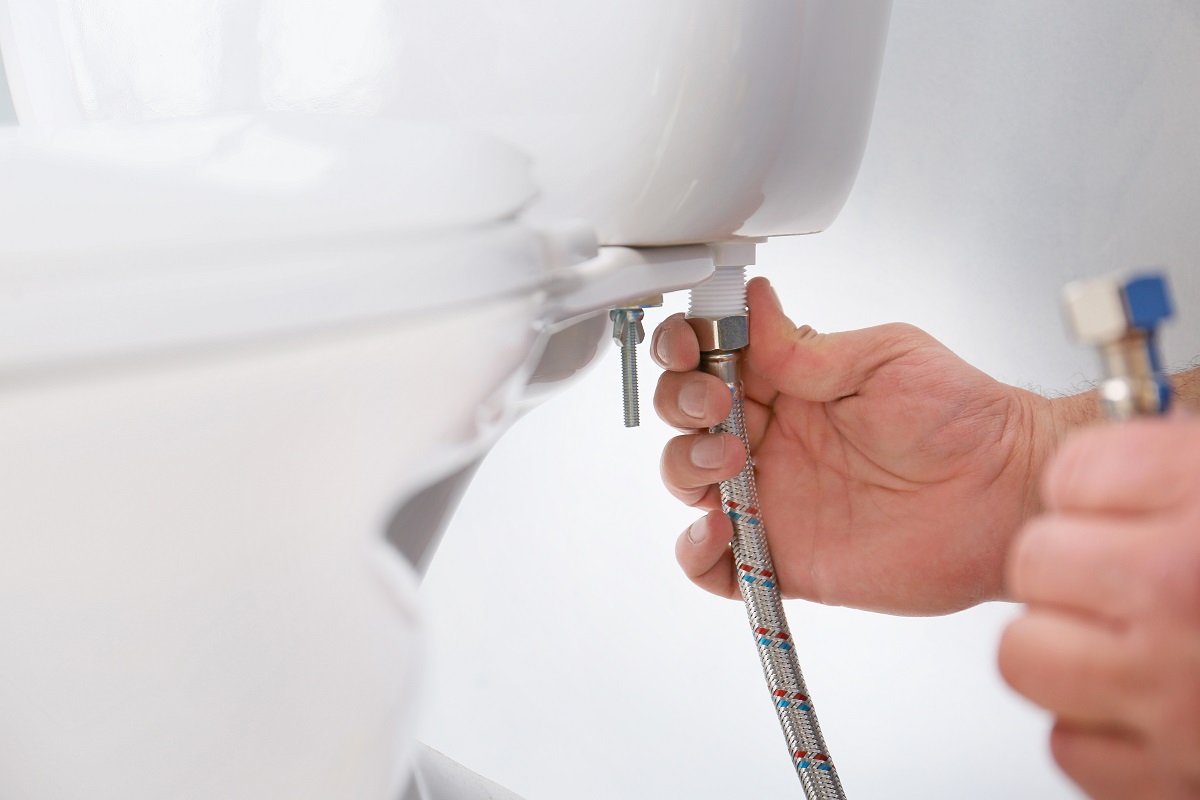
Braided metal hoses are more durable than rubber hoses and are less susceptible to bursts or punctures. These should be installed on the appliances and devices that use water – the washing machine, dishwasher, toilet, etc. They are affordable and super easy to install, so if you notice a rubber hose on your appliances, replace it immediately with a braided metal one.
Tip #9: Make an annual plumbing inspection appointment
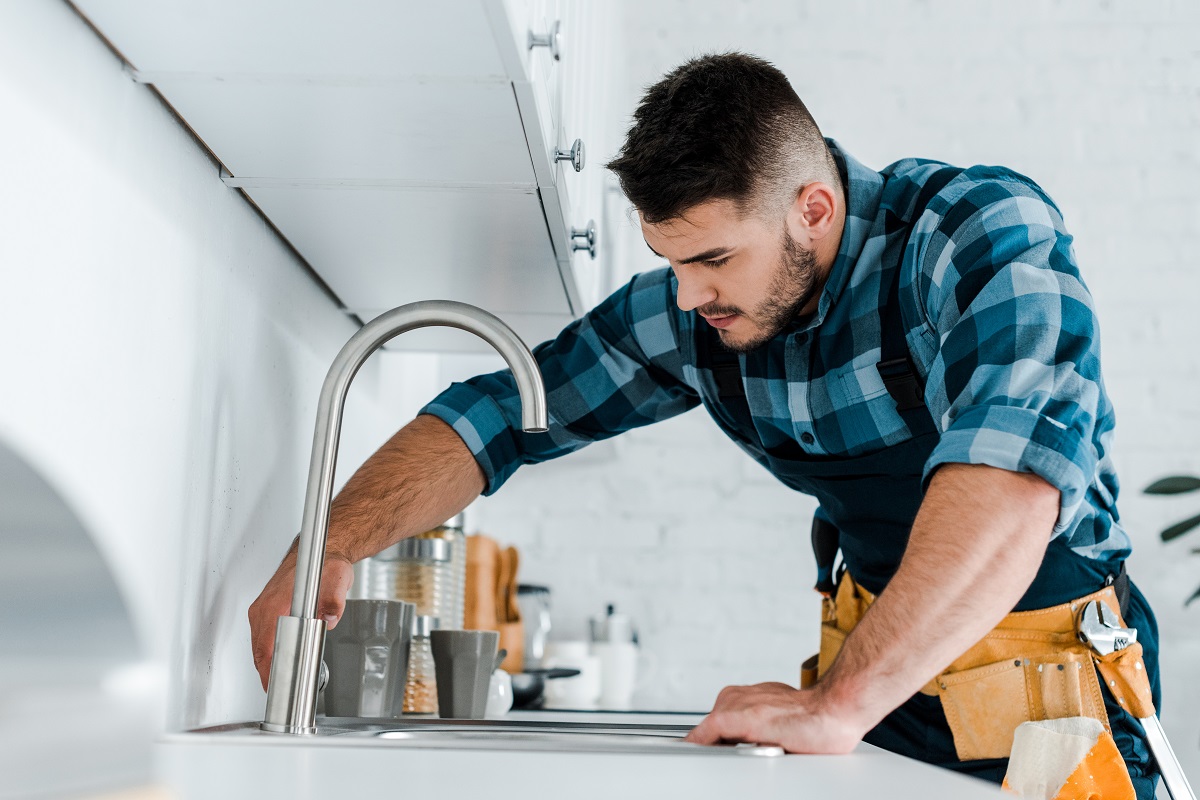
Get your home inspected annually by a professional plumber. A plumbing inspection should include checking your hot water heater, toilets, sinks, shut-off valves, washing machines, drains, and water supply lines. The plumber will suggest any updates that should be made and can spot a small problem before it becomes a big – and expensive – one.
Homeowner Insurance For The Way You Live
Franklin Mutual Insurance recognizes your home is more than an investment or a place to live. It’s a safe haven where friends and family gather, memories are made, and your most valued possessions reside. Give your home and loved ones the protection they deserve with extensive property and liability coverage that can be customized to meet your needs and budget.
Learn more about our homeowners insurance policies now.
FMI content is powered by vipHomeLink